Practicing mindfulness
1.
What
is mindfulness?
Mindfulness is simply living life with awareness i.e. being mindful or aware in each moment. One cannot be mindful if the mind is already full. If the mind is full of fear, anxiety, worry, greed, or desires, there is no space left in the mind to be aware.
We experience mindlessness
each day. While talking to a friend, sometimes, we are worried about the exams
and we remain unaware of what our friend said. If he tells us later referring
to the discussion we had some time back, we are hardly able to recall the same.
Similarly, sometimes, while traveling, we are so lost in thoughts that we
hardly remember the scenes on the roadsides.
2.
What
are the benefits of mindfulness?
Mindfulness brings
attention to the present moment. That helps us in the following two aspects:
- It
brings efficiency.
Since we are attentive in the present moment, we can take more efficient and
better-informed decisions that prove to be more effective.
- It
makes life more fulfilling by improving the quality of experiences. Since we are more attentive in
the present moment, the inputs received from the senses are better registered
in the brain. Such HD reception of the inputs improves the quality of the
experience of that moment.
3.
How
can we be mindful?
Though, we
all know what is immunity, let us re-capitulate:
Our immunity
system protects us against different diseases. As soon as there is any attack
by any bacteria, virus, or fungi, the immunity system becomes active, and even
without us being aware of the same, it starts fighting against the infection.
Similarly, a well-understood meaning of life helps us against all the turbulence in life.
As we remain unaffected and undisturbed by the circumstances, we become more attentive and mindful in the present moment.
4.
Are
you joking? How can the meaning of life be compared with immunity?
Similarly, we also lose awareness of the meaning of life by
getting fixated.
On the other hand, as we re-establish the inner connection, we realize our true nature. All the negative emotions disappear and we focus on the possibilities in the present moment.
5.
How
the misplaced meaning of life affects mindfulness?
We all set medium-term and short-term goals for our lives and stay motivated to get the desired outcomes. These medium-term and short-term goals are intricately connected to our understanding of the meaning of life.
At the top, we have a well-understood meaning of life. In the middle, mid-term goals such as completing graduation or getting a particular type of job or choosing a life partner or having kids, etc. At the bottom, we have short-term goals such as going for a tour, meeting the monthly target or clearing a test, etc.
If the
framework of life is streamlined i.e., all three layers of the goals of life
are working in harmony, we do not have conflicts in life and therefore the
attention is not stuck in the past or future and we remain aware in the present
moment.
6. Can you give some examples of conflicts?
There may be two possibilities. First: the meaning of life is not well-understood. Second: the meaning of life is misplaced.
6.1.
The meaning of life is not well-understood
This is the most common one. In the absence of clarity about the meaning of life, medium-term goals become directionless.
6.1.1.
Setting up unsustainable medium-term goals
Due to this lack of direction, sometimes we set the medium-term goals hurriedly under peer pressure. For example, as a teenager, we are so worried and anxious about the future that we just flow with our peers. We choose whatever career option is suggested by our friends. We at times choose the life partner also hurriedly.
Since
there is no well-understood meaning of life to connect the medium-term goals,
they become unsustainable. Soon, we start cribbing about the same. We no longer find interest in
the career and it becomes burdensome.
6.1.2.
Setting up mutually conflicting medium-term goals
Sometimes, in the absence of the well-understood meaning of life, the medium-term goals become mutually conflicting like the conflicts among the middle-level managers in the absence of the top boss. This conflict takes our attention away from the present moment. Another example of this conflict is as follows:
Doing well in studies and keeping friends happy may be two mutually contradictory goals and this conflict may take the attention away from the present moment.
6.2.
The understanding of life is misplaced
Sometimes, due to ignorance, we see very limited aspects of life and presume the meaning of life with that limited understanding of life. In fact, Abraham Maslow, a psychologist beautifully explained the hierarchy of needs in the form of a pyramid.
As we can see from the pyramid, physiological needs such as needs for bread, home, and clothes are our most basic needs. If these needs are not fulfilled, we will not be able to move up in the hierarchy. However, once they are satisfied, their marginal utility reduces significantly. Once our stomach is full, even the tastiest food on this earth will appear tasteless. We cannot live in two houses at the same time. We cannot wear two different clothes at the same time.
Some of us
presume the meaning of life to be the satisfaction of the physiological needs
and safety thereof.
Our attention is distracted by small disturbances and we become restless. In
these moments, since there is no understanding of the meaning of life, we have
nothing to look forward to and get easily distracted.
Sometimes, we presume the meaning of life to be relations and belonging. The emotional bond with the family members and the community drives life. The purpose of life becomes to seek social approval. We relate the meaning of life with the happiness of the family members and the people, we relate to.
However, most of them have their own understanding of the meaning of their life, which is generally quite different from ours. We make efforts to make them happy based on our understanding of life. However, they do not become happy since they understand life quite differently. The greater efforts we make and the more we feel disappointed. A disappointed mind cannot be mindful in the present moment because the attention is fixated on the disappointment.
Sometimes, we
presume the meaning of life to become famous and powerful in society. The
concept of power itself is misplaced. All these positions are there to serve
the people. However, many people with a misplaced understanding of life tell lies
to people. In the guise of service serve they pursue their selfish means. Soon
they get exposed and thrown out of these positions.
Even the pursuit of knowledge also meets a
similar fate. As we move along the pursuit of knowledge, we realize the limitations
of knowledge and since we have nothing else to look forward to, we become
restless.
7.
Are
we not supposed to set the goals?
If the immunity stops working, we can not keep a person alive on life-saving drugs for long. Similarly, if the meaning of life is not well-understood, we can not remain motivated for long. First, different life goals will conflict with each other and there would not be harmony. Second, as we saturate or meet difficult circumstances, we have nothing to look forward to.
Pursuing different life goals without understanding the meaning of life is like fighting viruses by washing hands, using a mask, taking anti-viral drugs, using protective shields, and getting intensive care without working on immunity. That is never going to work.
Ultimately,
we must build immunity against the diseases. We can regain the freedom to move
around freely only when we develop immunity.
This is the
precise role of understanding the meaning of life. The understanding of the
purpose of life gives direction to our life without much conscious effort. It
helps us at each step to take decisions. We can make decisions that are in
harmony and therefore become effective in different dimensions of life.
8.
How
immunity is compromised?
As human beings, our awareness is mainly confined to the brain. Our
brain comprises, the following 3 parts:
- Emotional
mind
- Rational
mind
- Unconscious
mind
The emotional mind is our defense system. It saves different threats to our existence in the form of fear and other emotions. We may have had an experience of falling from a height. We develop a fear of heights and this emotion is stored as one of the fears in the emotional mind. We might have experienced a bullying experience in our childhood and the emotional brain makes us nervous every time we face bullying to make us ready to run away from the situation.
Based on
experiences, it stores different memories in the form of different feelings
such as beliefs, biases, fears, impulses, etc.
It becomes active as soon as it recalls these memories or
receives any input that makes it recall these memories. It captures our
attention immediately and makes us ready for a response. That is the reason
why we become a little tense when we go meet a teacher, we do not like.
As soon as the emotional mind notices any threat to the body, it becomes active. Once it is
active, we are unable to think rationally. On the other hand, the rational mind
analyses. It analyses the sensory inputs in terms of right and wrong. It works
slowly. The rational mind also develops this logic with the experiences of
life. That is why our rights and wrongs vary so widely. While for some, taking
non-vegetarian food is a crime, for others, it is just a routine.
While the
unconscious mind is the hidden mind like the hidden iceberg in the sea. The
emotional and rational mind is only the tip of the iceberg and deep down lies
the vast unconscious mind that we are not aware of. However, the unconscious mind
keeps affecting all our life decisions without us being aware of the same. The
experiences that had a deep impact on us travel deep down to the unconscious mind.
All these parts
of the brain carry out their respective functions to keep us safe. However, the
problem is that we get fixated on these memories and misuse and abuse them. Our
stress response triggers without there being sufficient reasons for the
trigger. Our memories of fear trigger panic where there is no cause to be
panicky. We apply biases while taking decisions when the biases are not
contextually relevant.
It is just
like being fixated on washing hands again and again. Being fixated on wearing
the masks all the time. Or using excessive antibiotics with each infection. Or
running to see the doctor each time we get even a very mild infection. It not
only results in unnecessary panic which has a huge impact on our immunity. It
also results in waste of a lot of time and makes our life inefficient.
9.
Understanding
different types of fixations?
We form many
correlations among different emotions.
We also keep
going through the cycle of emotions.
Even at the
level of the rational mind, we keep forming different biases on an almost daily basis:
We keep
forming many more biases like this each day and live our life with these
biases. There is no problem with the biases per se. They are certain
generalizations that may be useful while taking quick decisions. The problem is
that we forget the context in which the biases were formed and apply them out
of the context. That gives us faulty results and makes our life decisions
inefficient.
The same is the
problem with the unconscious mind. It has a very useful role in our life. The
deeper experiences are stored deep down in the unconscious mind to warn us as and
when we encounter a similar problem again. They are again very useful
survival mechanisms. The problem is that while forming these memories, we are
not aware of the context and these warning signals keep disturbing us out of
context without we being aware of the same, in the form of body sensations.
10.
How
to regain immunity?
10.1. Working
with the emotional mind
Once the
emotions subside, we need to take advantage of the situation and start the
process. While our mind is comparatively calm, we must develop certain habits which
shall be beneficial to us when we are caught in a state of anger or fear.
With this
practice, we slowly start connecting to the true self and become a master of
our emotions.
10.2. Working
with the rational mind
We keep forming different biases each day and keep mentally justifying the same. With the passage of time, we become more and more certain about these. In order to work on the biases, we need to be open to different possibilities. Reading different types of books, having the company of wise, having critics near us and listening to everybody with an open mind is quite helpful in the process of overcoming biases.
10.3. Working
with the unconscious mind
Since we are not at all aware of the unconscious mind, it is generally not possible to work on this. However, recent research in the field of neurology has suggested that the unconscious mind operates through body sensations. For example, when we are angry, our body temperature rises. If we maintain awareness of these body sensations with equanimity, we slowly start gaining control over the unconscious mind.
11. How to live life
In such a
state of awareness, we live life with remembrance of the divine connection in
each moment and are not perturbed by difficult circumstances or people. Our understanding
of the meaning of life, our middle-term and short-term goals, all are in
alignment. That saves a lot of energy that generally go waste in resolving conflicts.
12.
Meditation
As we get
over the fixations, we are perpetually in a state of meditation. However,
meditation is still a good way to observe the fixations of our emotional, rational,
and unconscious minds. While sitting in meditation, if we notice any fixations,
we work on them. Slowly, we start becoming aware of a greater part of our being
and regain the lost immunity and understanding of the meaning of life. Fears,
anxieties, and anger disappear and give way to gratitude and compassion.
We slowly
start understanding the laws of nature and the play of consciousness in the big
universe. We understand the futility of all the forms and with this
understanding of life, exploration becomes a key motivator in life. We do not
require a favorable circumstances to explore life. In fact, the most intensive exploration
happens in the worst of circumstances. With this, we become explorers in all
aspects of life.
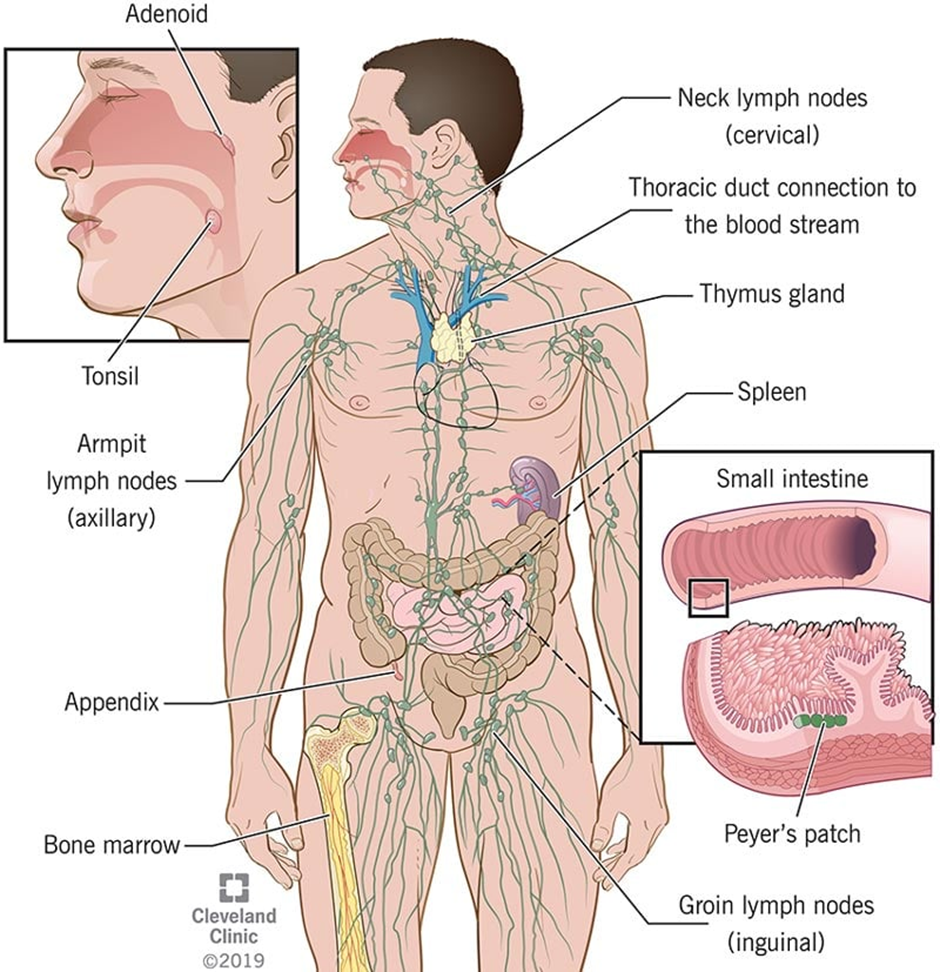






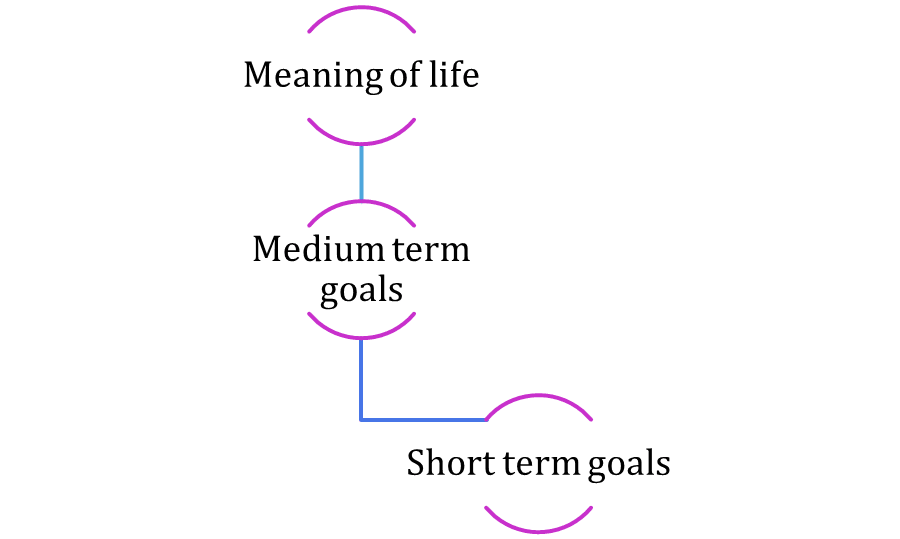

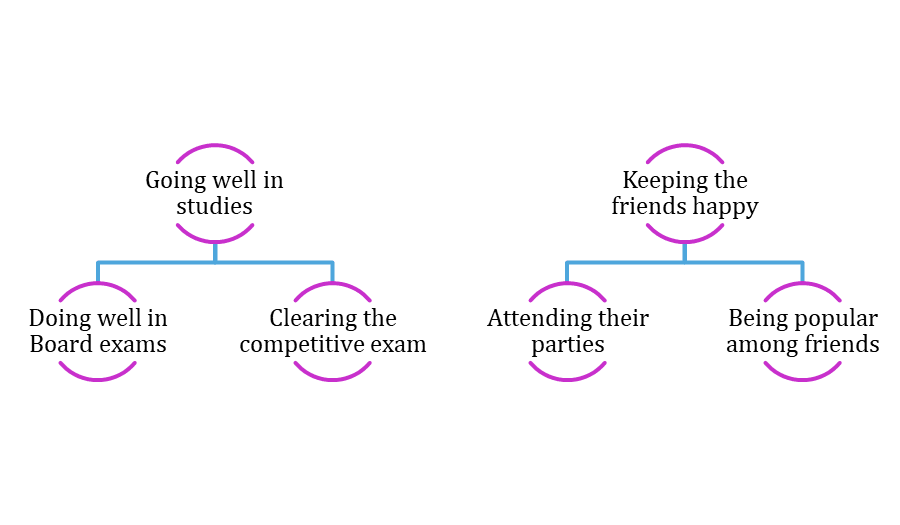

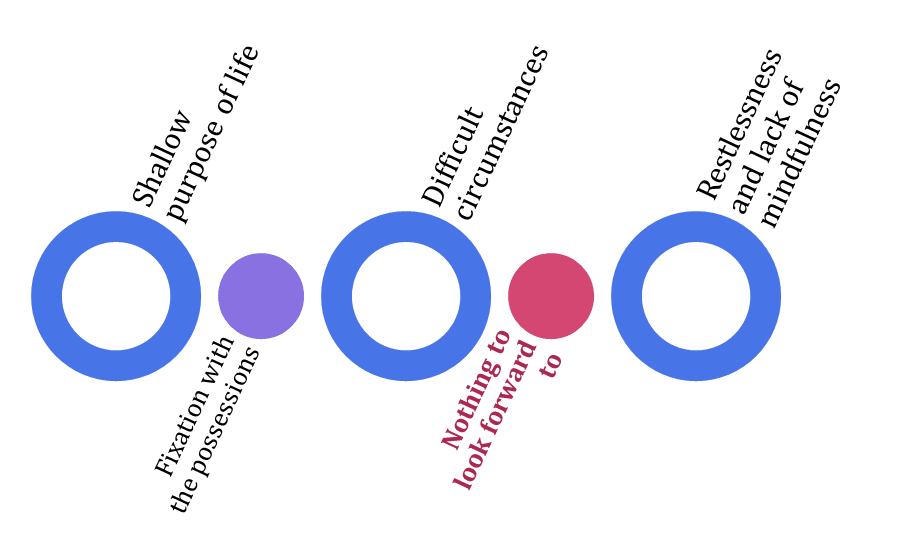







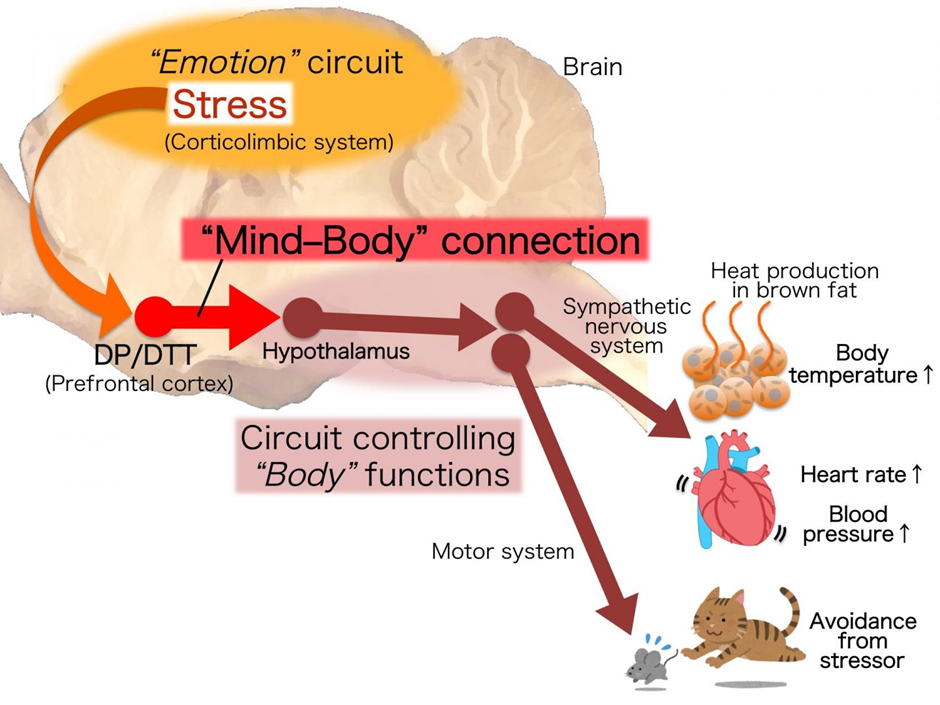

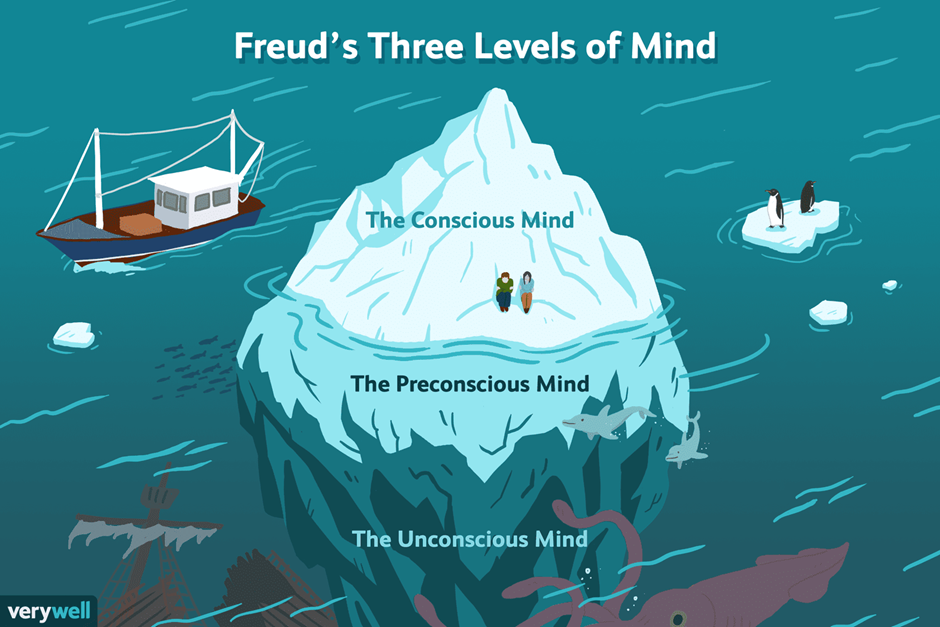


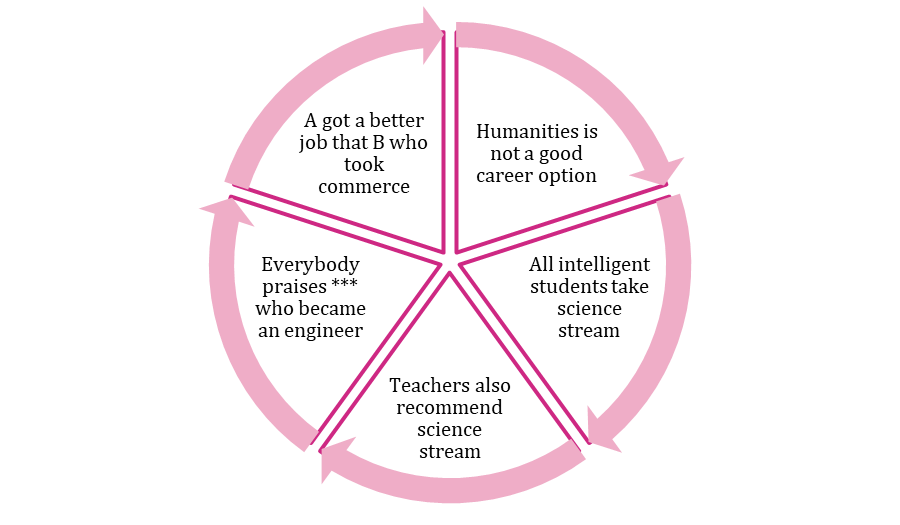


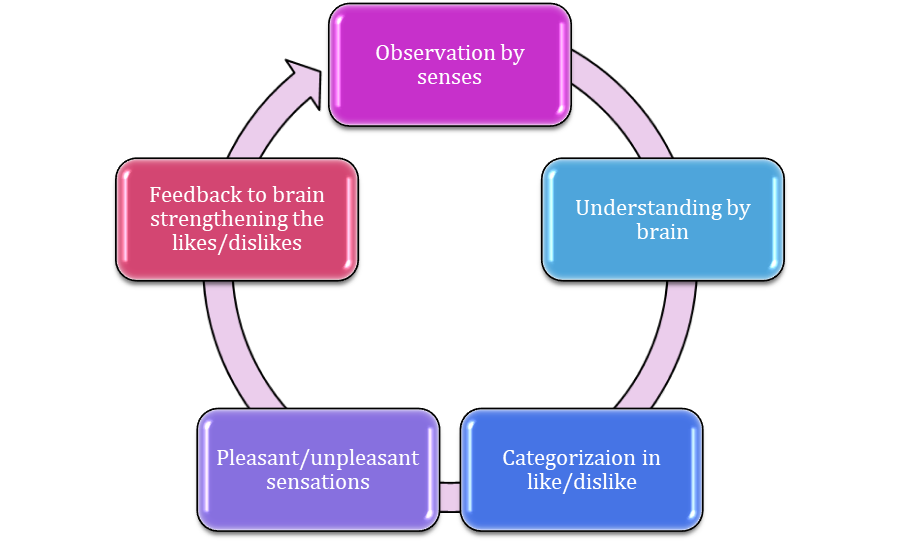

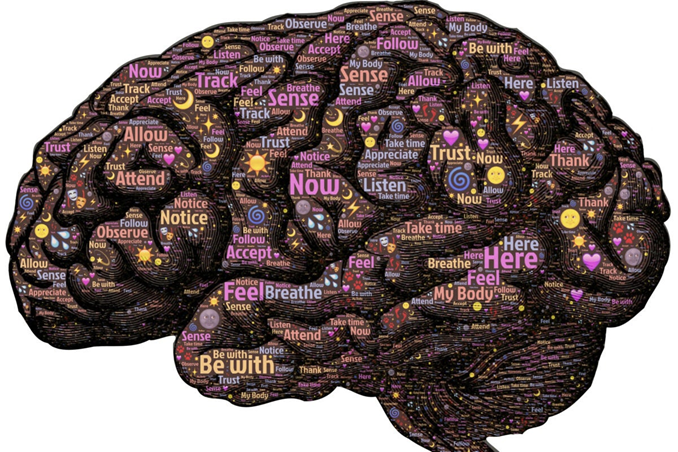


Comments
Post a Comment